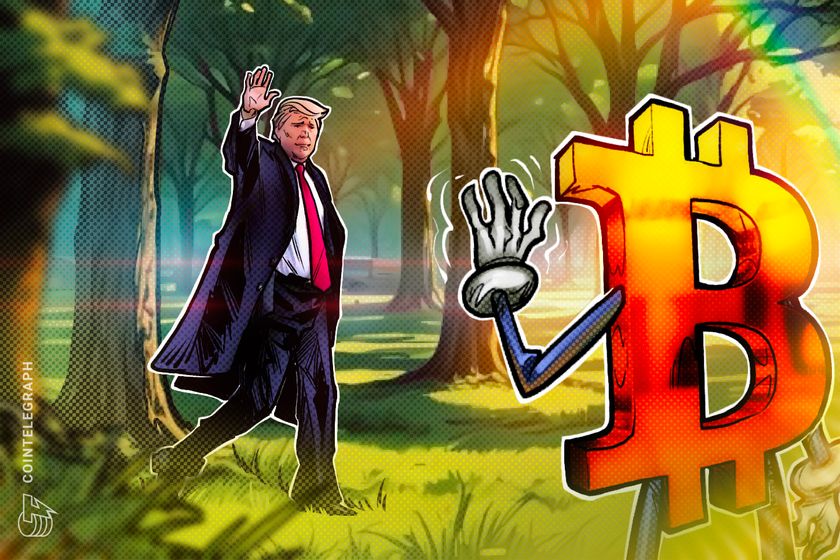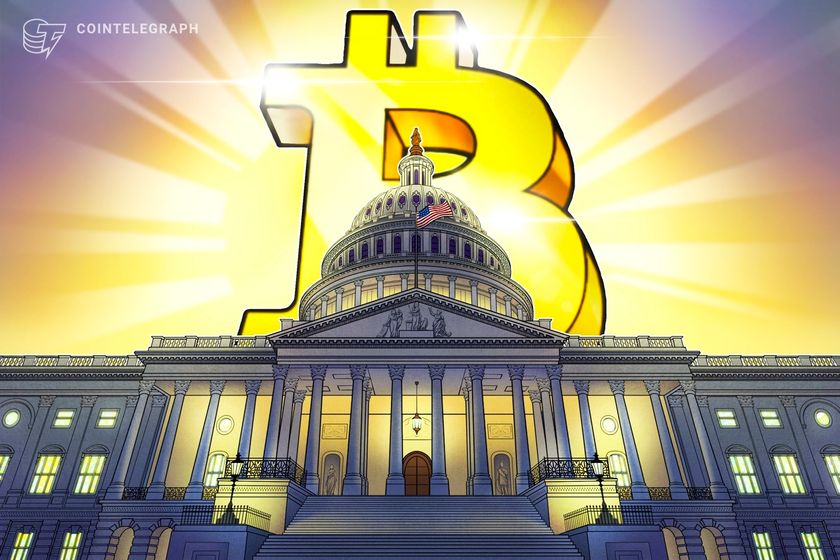The Data Act was first proposed in early 2022 and passed by the European Parliament on March 14.
News
European Union (EU) lawmakers have reached an agreement to move ahead with the controversial European Data Act, which has previously drawn criticism from the crypto community. The deal was confirmed by the EU’s Commissioner for Internal Markets, Thierry Breton, in a tweet calling it a “milestone in reshaping the digital space.”
Another deal! ?Tonight’s agreement on the #DataAct is a milestone in reshaping the digital space.
Thanks to the swift work of the EP @delcastillop & the Council Presidency, we are on the way of a thriving data economy that is innovative & open — on our conditions. pic.twitter.com/vTWUU8xTx9
The European Parliament passed the Data Act on March 14, but negotiations among EU lawmakers on the bill’s final version have been ongoing. The act is focused on the fair use of industrial data and removing barriers to fairly sharing data generated by a range of data-centered services, such as the Internet of Things.
The European Parliament had claimed this act would encourage greater use of data resources to train algorithms that would eventually lead to lower costs of services. However, the act drew heavy criticism from the crypto community due to the proposals around smart contracts and the vagueness of it.
The act has provisions for imposing altering requirements for smart contracts, including kill switches that allow them to be safely terminated. The act establishes rules for the smart contracts for parties providing sharable data, including “safe termination and interruption,” and incorporates safeguards to preserve trade secrets and prevent illicit data transfers.
Related: FTX proves MiCA should be passed fast, officials tell European Parliament committee
Many crypto proponents believe the new EU legislation would force smart contract developers to design reset possibilities to allow termination or interruption of transactions. This may restrict innovation or make it difficult for smart contracts in the crypto industry to comply. ? ?
Martin Hiesboeck, head of research at Uphold, had noted earlier that smart contracts are one step closer to falling under EU-wide regulation within a broader strategy on data markets.
Cointelegraph reached out to Breton for comments about the controversy around smart contracts, but didn’t receive a response by publication.
Magazine: $3.4B of Bitcoin in a popcorn tin — The Silk Road hacker’s story




